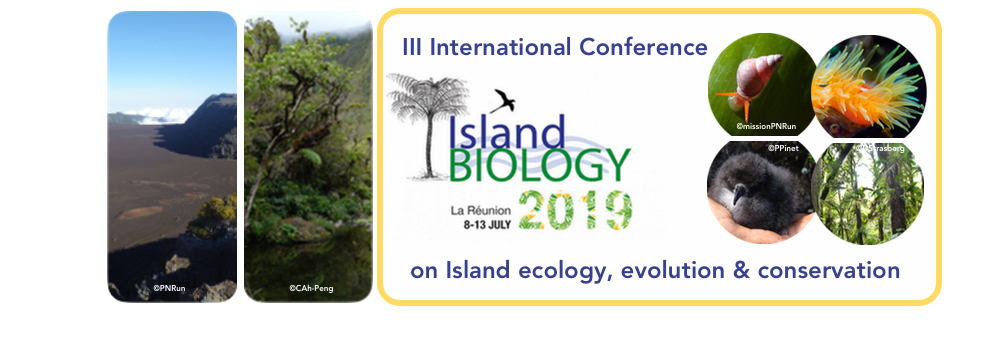Plastic production has increased from 1.7 million tons in 1954 to 335 million tons in 2016 (Plastic Europe, 2017), with approximately 8 million tons of plastic entering the ocean annually – largely as a result of mismanaged waste. A study of the world's waste management shows that the Indian Ocean is fringed by countries with 100% mismanaged waste. This plastic is transported by currents and winds throughout the world's oceans, with the end point for some being remote islands in biodiversity hotspots. The Seychelles is an archipelago of over 115 islands, stretching over 1.4 million km2 of the Western Indian Ocean. Vast quantities of marine plastic pollution have accumulated along the coastlines of these islands and this is now affecting some of the Seychelles' endemic and endangered wildlife. Increased understanding and effective management of this is greatly needed. Surveys to assess quantity, composition, accumulation rate, attached biota, and removal effort were conducted alongside the Aldabra Clean-Up Project in March 2019, an international initiative to clear Aldabra Atoll UNESCO World Heritage Site of accumulated waste. I will present on the total waste found to have accumulated on Aldabra, total waste removed, the effort per unit of waste removed, removal costs, and seasonal accumulation rates. Initial surveys show that consumer items on the north coast and fishing gear on the south coast dominate composition. Additionally, I will present the proportion of debris arriving with attached biota and the types of biota recorded. Islands might only produce a small amount of waste internally, and yet receive huge amounts of waste from other countries – these island nations are therefore unwillingly importing large amounts of waste, which must then be managed. The threat plastic pollution poses to even remote and otherwise well-protected islands is vast and will require considerable allocation of resources to mitigate. The composition of waste found on Aldabra demonstrates that whilst reducing land to sea pollution pathways must be a priority, the fisheries sector must also greatly reduce their marine pollution. Lastly, island managers must consider the potential impact that increased species connectivity via plastic pollution will have on island ecosystems.
- Picture

 PDF version
PDF version

